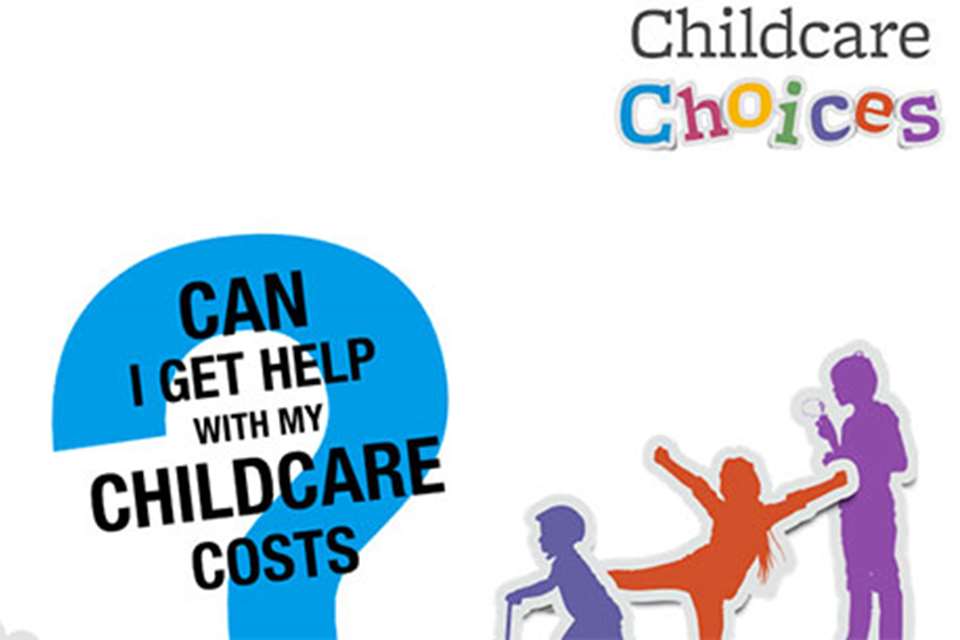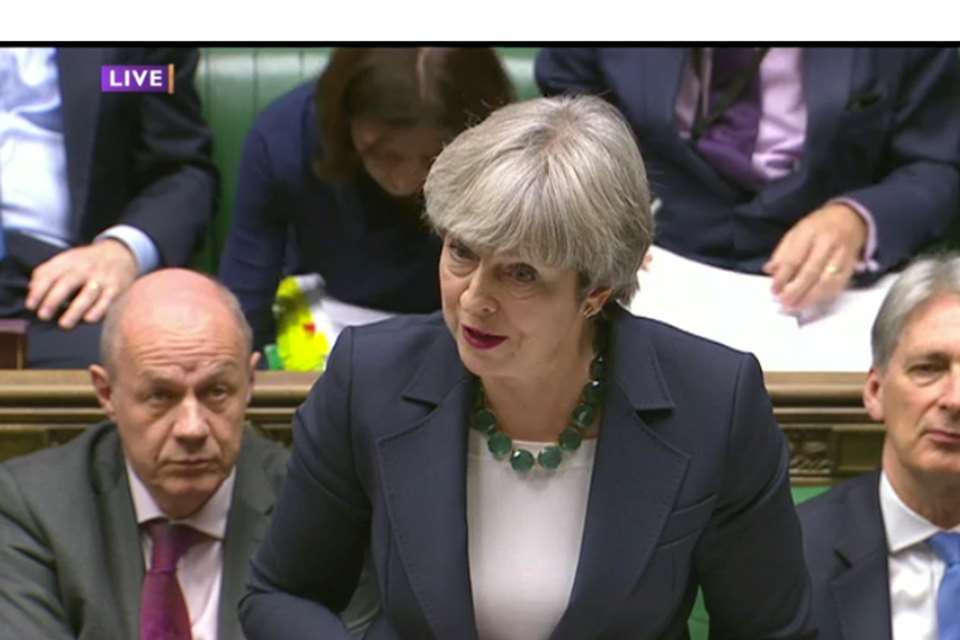'Completely free' 30 hours shunned by most providers
Thursday, January 18, 2018
Only around a third of providers are offering the Government-funded 30-hours childcare completely free to parents, a major survey has found.

- Just 35 per cent of providers are delivering 30 hours places ‘completely free’ to all parents
- 36 per cent are delivering free places to some parents, but not all
- 28 per cent are delivering no fully free places
The online survey of 1,662 nurseries, pre-schools and childminders in England in December asked them for their experiences of delivering the 30 hours after the first term of the scheme’s national rollout.
The survey reveals the extent to which providers are struggling to offer the 30 hours, with numerous comments from respondents about how the impact of the underfunding has led to financial suffering, with some saying they may have to close.
The Alliance says that the survey findings are evidence of a funding crisis and that the Government’s flagship childcare policy is failing.
The findings echo repeated warnings from the sector that underfunding of the 30 hours offer means that many providers are being forced to charge parents for extras to cover the funding gap, or risk going out of business.
According to the findings, 76 per cent of those surveyed are currently offering 30 hours places, 15 per cent are not, while 9 per cent are not providing any full 30 hours place but are splitting one or more places with other providers.
Many are limiting the number of places they offer and plan to raise fees and charges, while a fifth warn that their business will not be sustainable in a year’s time. Just over a third (35 per cent) said that they have raised fees for non-government funded hours as a result of offering the 30 hours.
The 30 hours is also impacting on some providers' ability to offer universal childcare for three- and four-year-olds, with around a quarter (25 per cent) saying that the number of 15-hour places they offer had decreased.
Some providers also said that the 30 hours was having an impact on the number of places they could offer to younger children (i.e under-threes) with around a quarter (24 per cent) saying that the number of places for this group of children had decreased.
Nurseries cite static funding rates and increases to costs such as the rise to the National Living Wage and minimum wage, as having a big impact. Just over a fifth of providers said they were receiving less funding than last year (22 per cent), with less than half receiving more funding than last year (48 per cent).
Key findings include:
- Just 35 per cent of providers are delivering 30 hours places ‘completely free’ to all parents; 36 per cent are delivering places to some parents, but not all; 28 per cent are delivering no fully free places.
- 37 per cent of respondents have brought in or increased charges for extra goods or services, including for meals and snacks (80 per cent).
- Two-thirds of providers 66 per cent plan to make changes to how they offer the 30 hours over the next 12 months, most commonly saying they will raise fees and charges.
- More than a third (38 per cent) are uncertain as to whether they will be offering the 30 hours in a year’s time.
- A fifth (21 per cent) do not think the business will be sustainable in a year’s time due to Government underfunding.
- Places
The survey also found that around a quarter of providers (26 per cent) had received complaints from parents about the 30 hours, and a similar proportion complained about being asked to pay for additional fees/ charges. The highest number of complaints (84 per cent) were about about difficulties in applying for the 30 hours online, followed with confusion about the eligibility criteria (54 per cent), and confusion over when their child could start accessing the 30 hours (44 per cent).
Commenting on the findings, Neil Leitch, chief executive of the Pre-school Learning Alliance, said, ‘With the majority of providers forced to limit the number of genuinely “free” childcare places on offer, and many set to increase additional charges for funded hours in the next year, it’s clear from these findings that the Government’s flagship childcare policy is failing both providers and parents.
‘Respondents have laid out in black and white that the 30 hours policy is simply not working, with a continued lack of adequate funding leaving many with no option but to pass the funding shortfall on to parents. This has left parents to pay the price for government underfunding through often unexpected charges for things like nappies, food and trips, while the Government continues to claim that it’s delivering on its promise of “free” childcare.’
With early years funding rates set to be frozen until 2020 despite inevitable rises in childcare business costs such as wages, rents and pensions, he said that the pressure on providers – and, in turn, parents – was only going to get worse.
‘Since the announcement of the 30 hours, the childcare sector has been very clear that, without sufficient funding, the scheme simply will not be viable in the long term – and thousands of parents and providers have now joined the Alliance’s Fair Future Funding campaign to demonstrate their concerns.
‘The Government should not have needed more evidence of a childcare funding crisis – but here it is. If ministers don’t want to leave parents picking up their tab or to risk forcing even more providers to close, they need to recognise that the current situation is unsustainable and increase funding so it meets the cost of delivering places as a matter of urgency.’
The National Day Nurseries Association said the findings were ‘extremely worrying’ , echoing its own research over the last year and also called for the Government to step in.
Purnima Tanuku, chief executive of the National Day Nurseries Association (NDNA) said, ‘The Government needs to be honest with providers and parents that 30 hours funded childcare is not “free”. There is a significant shortfall between Government funding rates and the cost to nurseries of providing childcare. With a rise of 6 per cent in staffing costs taking place in April, it is now crucial that the Government takes note of all this evidence and increases the hourly rate to providers to make this scheme sustainable.
‘Most nurseries are asking parents to pay for extras – and our research shows that they are also charging parents of under 3s, who are not entitled to 30 funded hours, more per hour to make up the shortfall.
‘In asking for charges for meals and other extras, nurseries find themselves in a very difficult position. They need to make these charges to remain sustainable but the DfE guidelines state that these payments must be voluntary. Nurseries should not be put in this position.
‘As more and more nurseries go out of business or reduce the number of funded places they can offer, this scheme looks as though it is being set up to fail. This must not be allowed to happen. Government must put real, meaningful investment into early years and only then can they call these hours “free”. A number of nurseries have already gone out of business, meaning that decades worth of early years expertise and experience has been lost. This situation will continue to worsen unless the Government steps in.’
The Department for Education said that around 15,000 children were benefitting from a 30 hours place and that they were already seeing the positive benefits the extra hours were having, taking the pressure off families' finances.
The DfE said that the Department's Early Education and Childcare Statutory Guidance for Local Authorities was clear that providers can charge parents for meals, consumables, (such as nappies and sun cream)and for extra activities (such as trips and yoga), but parents must not be required to pay any fee as a condition of taking up a free entitlement place.
A DfE spokesperson said,'We are investing a record amount of around £6 billion every year by 2020 in childcare and have doubled the free childcare available to working parents to 30 hours a week, saving them up to £5,000 a year per child.
'Providers can choose whether to offer 30 hours and what pattern of days and hours they offer parents. We have always been clear that government funding is not intended to cover the costs of meals or additional services. However, while providers can charge parents for additional extras, this cannot be a condition of the child’s place.'
What providers said about the 30 hours
‘We’ve had to increase fees from January 2018 and will be increasing again in April due to the NLW and NMW.’
‘We will have to put up fees from April 2018 as our funding rate is staying the same and will not cover the pay increase for the new living wage.’
‘We have implemented a registration fee to cover costs of daily diaries/ name cards/ learning journals/ name cards/ development records and to help with costs of consumables.’
‘We offer very few places as the funding rate is so low for our London setting.’
‘We may have to limit spaces for 30 hour entitled families in the summer term due to our group reaching full capacity.’
‘We have lost a lot of money with the cuts. We are still struggling and with the minimum wage increasing it will have a further big financial impact. We cannot afford to increase wages of higher qualified staff.’
‘We are already suffering financially and we will only see a few pence raise to funding per child and our staffing costs already exceed funding, so with the next large living wage increase, we may have to close our doors and thus the village will not have access to a community preschool. We have already have had to serve a redundancy.’
‘Funding rate not increased for 7th year, coupled with cost of increased pension contributions and increase in living wage and minimum wage, we are seriously concerned about our future survival in the next few years.’
‘Our running cost is £5.05 per child and we are getting £3.77 per child for the 30 hours.’
‘It does not currently seem financially sustainable. If the funding rate does not increase, the only way we can still offer the places is by charging for extras a.k.a charging for the gap in underfunding.’
Source: Pre-school Learning Alliance online survey, December 2017










